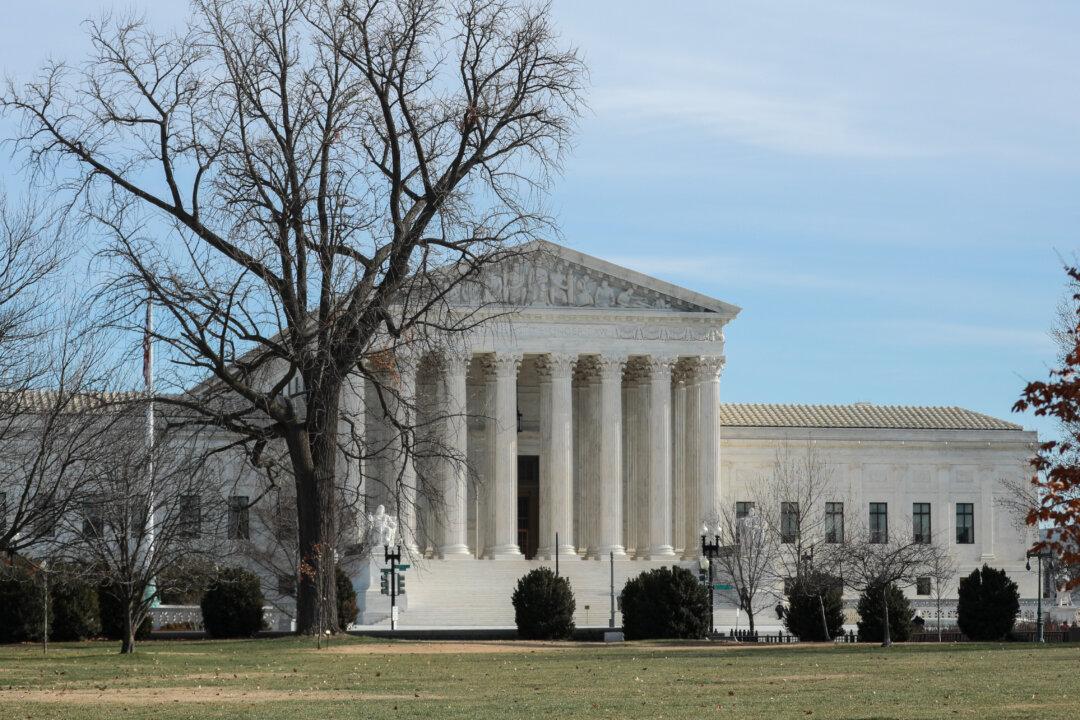The Supreme Court has voted to allow the Trump administration to enforce its new rule that restricts the eligibility of new immigrants who are deemed to likely become “public charges” if they receive visas.
The top court justices voted 5–4 on Jan. 27 to grant a stay on nationwide injunctions issued by a lower court, allowing the Trump administration to enforce its “public charge” rule across the country, except for Illinois, while the appeals play out in court. A separate injunction ordered by the U.S. District Court for the Northern District of Illinois remains in effect, but only in that state.




